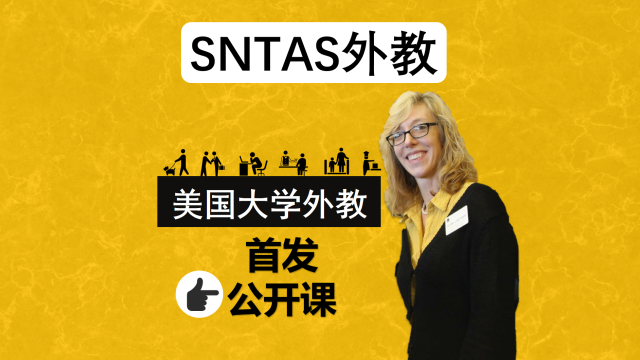英语中典型的中国式错误
6. 我想我不行。
误:I think I can't。
正:I don't think I can。
提示:汉语里说“我想我不会”的时候,英语里面总是说“我不认为我会”。以后在说类似的英语句子的时候,只要留心,也会习惯英语的表达习惯的。
7. 我的舞也跳得不好。
误:I don't dance well too。
正:I am not a very good dancer either。
提示:当我们说不擅长做什么事情的时候,英语里面通常用not good at something,英语的思维甚至直接跳跃到:我不是一个好的舞者。
8. 现在几点钟了?
误:What time is it now?
正:What time is it, please?
提示:What time is it now是一个直接从汉语翻译过的句子,讲英语的时候没有必要说now,因为不可能问what time was it yesterday?所以符合英语习惯的说法是:请问现在几点了?还有一种说法是:How are we doing for time? 这句话在有时间限制的时候特别合适。
9. 我的英语很糟糕。
误:My English is poor。
正:I am not 100% fluent, but at least I am improving。
提示:有人开玩笑说,全中国人最擅长的一句英文是:My English is poor. 外国人遇到自己外语不好的情况,他们会说: I am still having a few problem, but I am getting better。
10. 你愿意参加我们的晚会吗?
误:Would you like to join our party on Friday?
正:Would you like to come to our party on Friday night?
提示:join往往是指参加俱乐部或者协会,如:join a health club; join the Communist Party。事实上,常常与party搭配的动词是come 或者go。如go a wild party,或者come to a Christmas Party等。
11. 我没有经验。
误:I have no experience。
正:I don't know much about that。
提示:I have no experience这句话听起来古里古怪,因为只需要说那方面我懂得不多,或者这方面我不在行,就行了。I am not really an expert in this area。
12. ——这个春节你回家吗?——是的,我回去。
--Will you be going back home for the Spring Festival?
误:--Of course!
正:--Sure. / Certainly.
提示:以英语为母语的人使用of course的频率要比中国的学生低得多,只有在回答一些众所周知的问题时才说of course,因为of course后面隐含的一句话是“我当然知道啦!难道我是一个傻瓜吗?”因此,of course带有挑衅的意味。在交谈时,用 sure或certainly效果会好得多。同时,of course not也具挑衅的意味。正常情况下语气温和的说法是certainly not。
BEC商务英语【初级春季班】仅售306学币!详情请看>>>>
BEC商务英语【中级春季班】仅售326学币!详情请看>>>>











